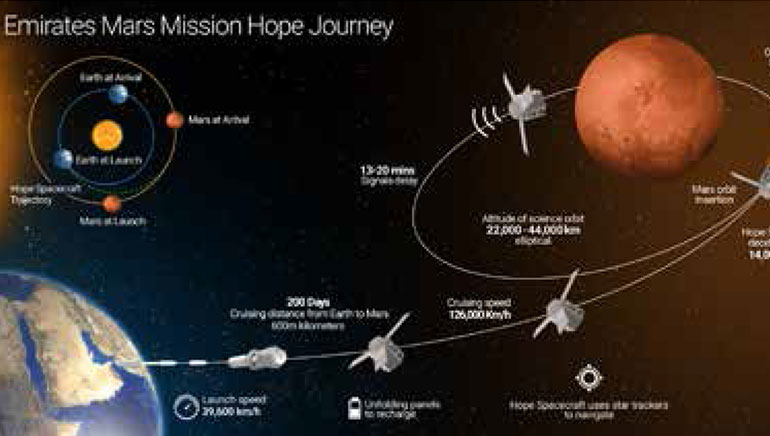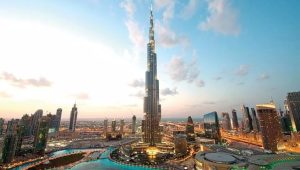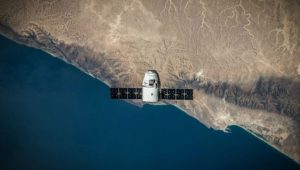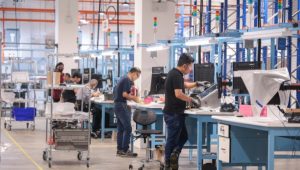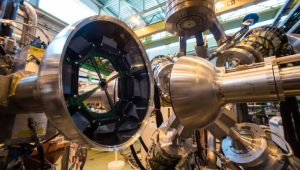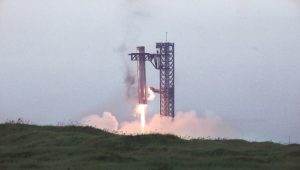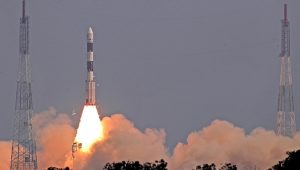United Arab Emirates is planning to expand its horizons and fly its first astronaut into space by the year 2021, when it completes 50 years of its foundation. By the end of 2018, Emirates will have its first astronaut titled, recruited and trained to make history.
This is the first ever space programme to be launched by the UAE and a realization of UAE’s pledge to become a global leader in space exploration over the next 50 years. The recruitment process is rigorous and detailed. Citizens first fill out an online form, the required additional information and supporting documents to the UAE Astronaut programme at the Mohammed Bin Rashid Space Centre (MBRSC). Men and Women aged above 18 are welcomed and have to go through a screening process which involves basic psychometric tests and medical examinations to determine the fitness of the candidate. Once shortlisted, more advanced and elaborate psychometric examinations will be taken, followed by a final interview round.
The qualified 4 candidates will be sent to the International Space Station (ISS) to carry out vital experiments and work that will contribute to the scientific community’s understanding of human space flight to meet future challenges as a part of their training. The selected candidates will be a part of the Astronaut Corp of 2019.
Currently, there are over 2,000 applications received from people aged 18 to 60. This is a very exciting phase for the citizens of the country and their enthusiasm will accelerate the Prime Minister Mohammad Bin Rashid’s goal of launching the first unmanned Arab probe to Mars in July 2020. The orbiter will be called “Amal” or “Hope”. In the far future, UAE also has plans to builds what it calls a “Science City” to replicate life on Mars and aims to create the first human settlement on the red planet.
A new online portal, called the I-Shuttle, has also been launched by the UAE Space Agency for the citizens to engage with and drive their interests in space.





